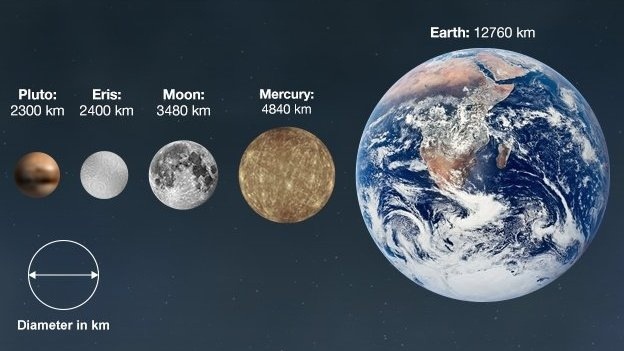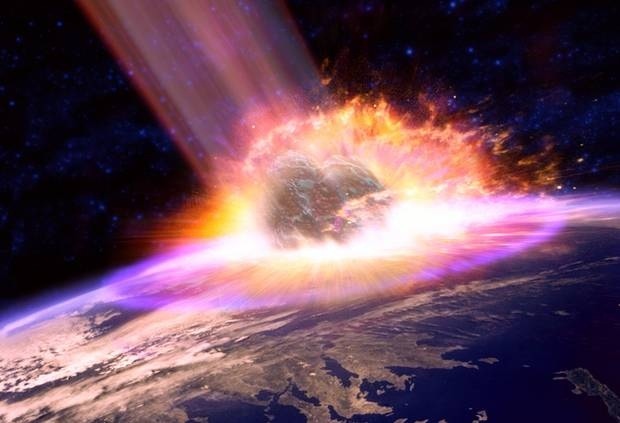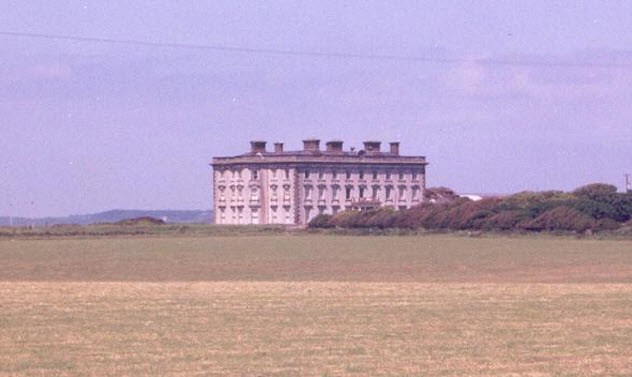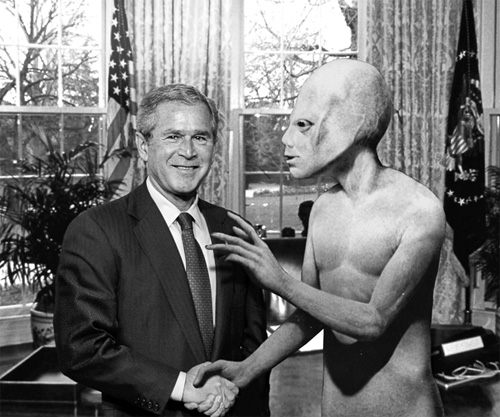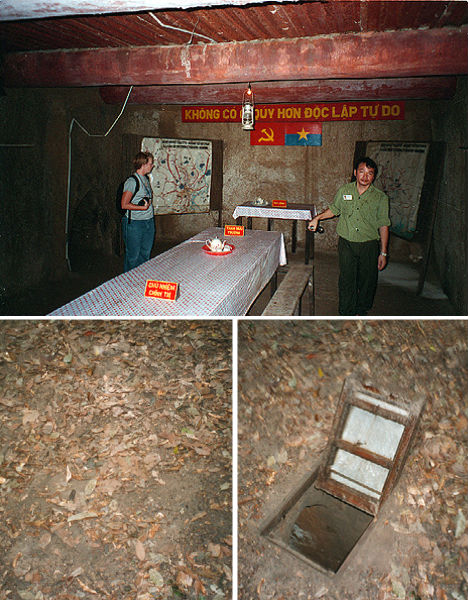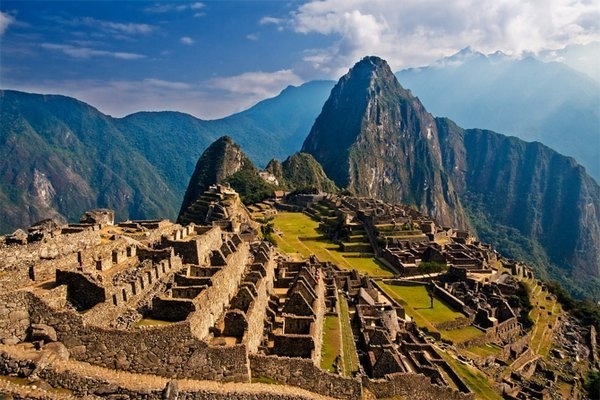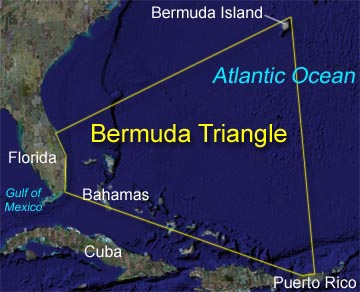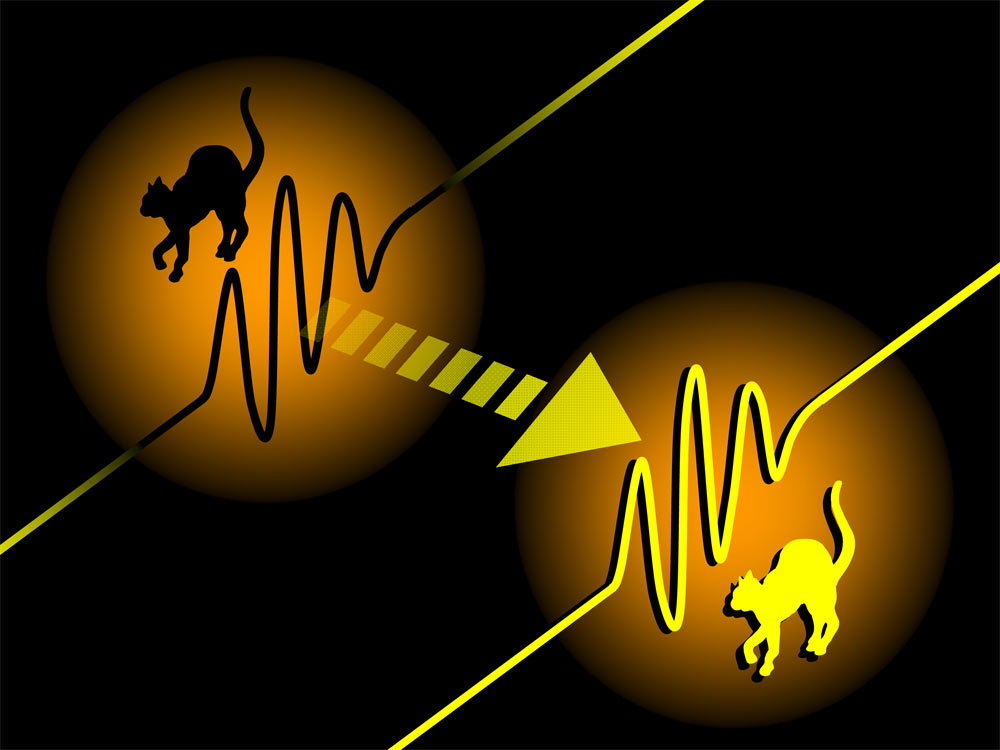An astronaut or cosmonaut is a person trained by a human spaceflight program to command, pilot, or serve as a crew member of aspacecraft. Although generally reserved for professional space travelers, the terms are sometimes applied to anyone who travels into space, including scientists, politicians, journalists, and tourists.
Starting in the 1950s up to 2002, astronauts were sponsored and trained exclusively by governments, either by the military or by civilian space agencies. With the suborbital flight of the privately funded SpaceShipOne in 2004, a new category of astronaut was created
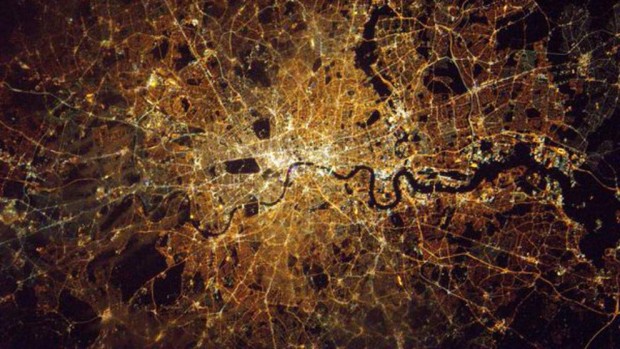
Definition
The criteria for what constitutes human spaceflight vary. The Fédération Aéronautique Internationale (FAI) Sporting Code for astronautics recognizes only flights that exceed an altitude of 100 kilometers (62 mi). In the United States, professional, military, and commercial astronauts who travel above an altitude of 50 miles (80 km) are awarded astronaut wings.
As of 8 June 2013, a total of 532 people from 36 countries have reached 100 km (62 mi) or more in altitude, of which 529 reached low Earth orbitor beyond.[5][6] Of these, 24 people have traveled beyond Low Earth orbit, to either lunar or trans-lunar orbit or to the surface of the moon; three of the 24 did so twice: Jim Lovell, John Young and Eugene Cernan.[7] The three astronauts who have not reached low Earth orbit are spaceplanepilots Joe Walker, Mike Melvill, and Brian Binnie.
As of 20 June 2011, under the U.S. definition 538 people qualify as having reached space, above 50 miles (80 km) altitude. Of eight X-15 pilots who exceeded 50 miles (80 km) in altitude, only one exceeded 100 kilometers (about 62 miles). Space travelers have spent over 41,790 man-days (114.5 man-years) in space, including over 100 astronaut-days of spacewalks. As of 2008, the man with the longest cumulative time in space is Sergei K. Krikalev, who has spent 803 days, 9 hours and 39 minutes, or 2.2 years, in space. Peggy A. Whitson holds the record for the most time in space by a woman, 377 days.
British astronaut Tim Peake has given his hundreds of thousands of social media followers an insight into his view from space after tweeting a photo of London at night.
He said he preferred to be in the International Space Station than be back on Earth but joked “only just!”
Major Peake, who is on a six-month mission on the ISS, said the picture was taken at midnight on Saturday.
It shows the lightest areas being in the centre of the capital as well as major roads being lit up.
Originally posted 2016-03-15 14:22:41. Republished by Blog Post Promoter

